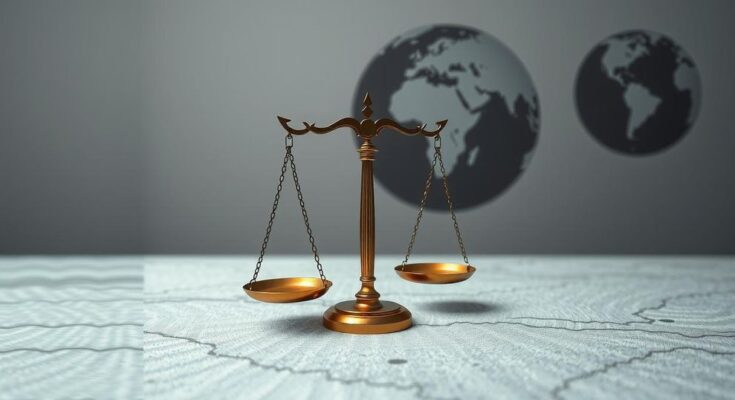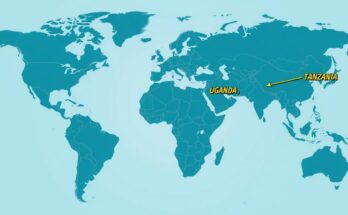The Paris prosecutor has closed a case against Apple subsidiaries accused by the DRC of using conflict minerals in their supply chain. The allegations, which included money laundering and deceptive practices, were deemed “not sufficiently well-founded.” Lawyers for the plaintiffs plan to appeal, asserting the gravity of the situation surrounding conflict minerals linked to human rights abuses in the DRC.
The Paris prosecutor’s office has dismissed a case brought by the Democratic Republic of Congo (DRC) against Apple subsidiaries, which accused them of utilizing conflict minerals from the DRC in their supply chain. The case was closed on February 18 due to the lack of sufficient evidence to support allegations of money laundering and deceptive business practices. Consequently, the complaint will not proceed further.
In December, Congo’s government filed criminal charges against Apple in France and Belgium, claiming illegal export of minerals through Rwanda. Apple denied these allegations, emphasizing its commitment to high industry standards and ensuring that its suppliers do not source minerals from conflict zones.
Lawyers representing the plaintiffs described the prosecutor’s decision as a “very partial dismissal” and intend to appeal it at the Paris Court of Appeal, citing the serious implications of the case. The DRC is a significant source of tin, tantalum, and tungsten—essential materials in electronics—often linked to rampant violence and human rights abuses associated with artisanal mining controlled by armed groups.
Rwanda also issued a denial of the allegations against its involvement in the mineral trade. The DRC’s eastern mining region has witnessed ongoing conflicts exacerbated by armed groups, especially following the resurgence of the Rwanda-backed M23 group, which took control of key areas in North Kivu and South Kivu recently, raising concerns over stability and human rights.
In summary, the Paris prosecutor’s dismissal of the conflict mineral case against Apple signifies a significant legal outcome for the technology giant, despite the serious accusations raised by the DRC. The appeal process initiated by the plaintiffs underscores the ongoing concern over conflict minerals and the associated humanitarian crises in the DRC. The situation remains complex and highlights the urgent need for effective solutions to address such human rights violations.
Original Source: www.rfi.fr




